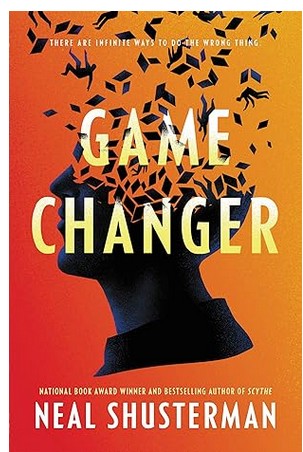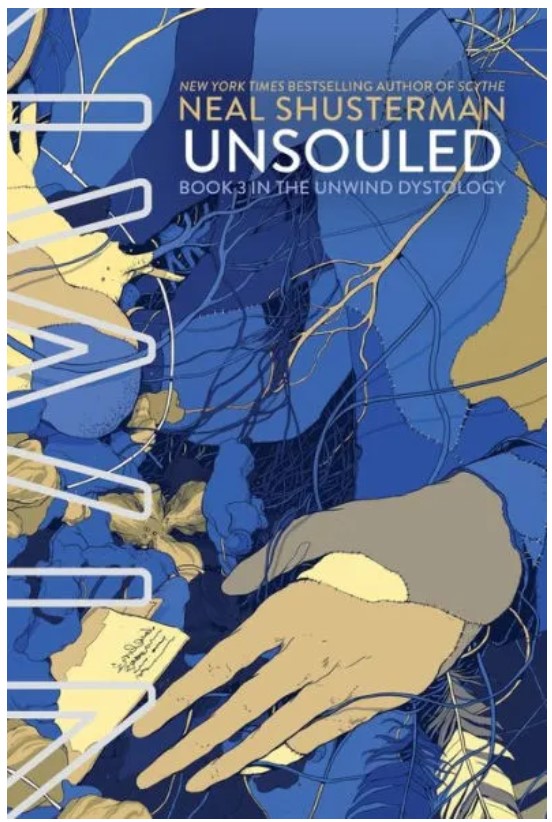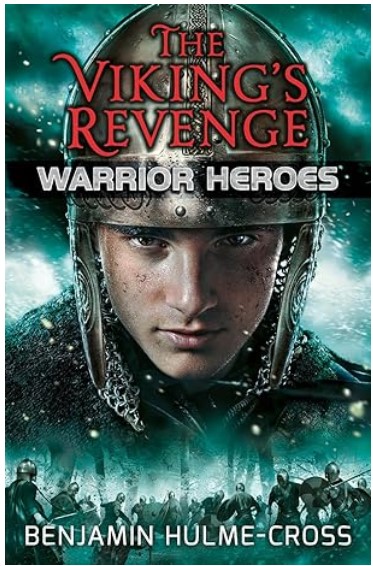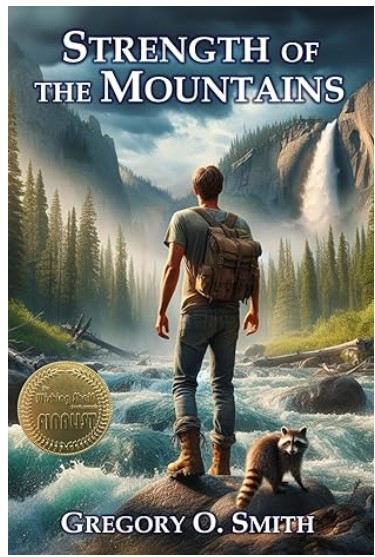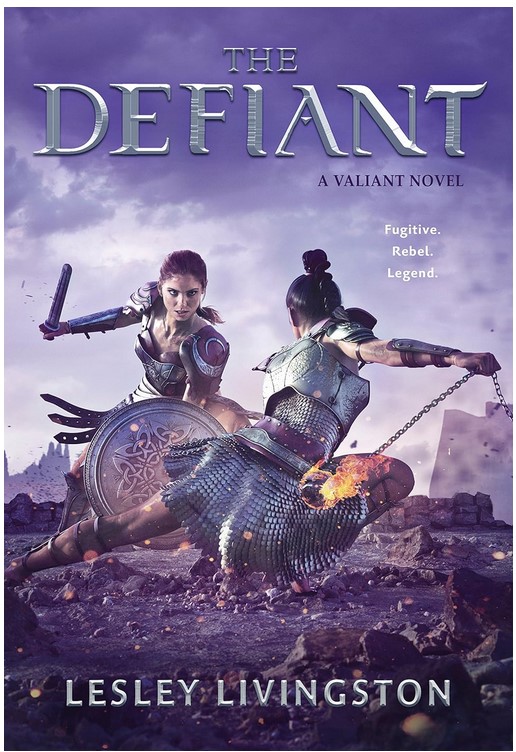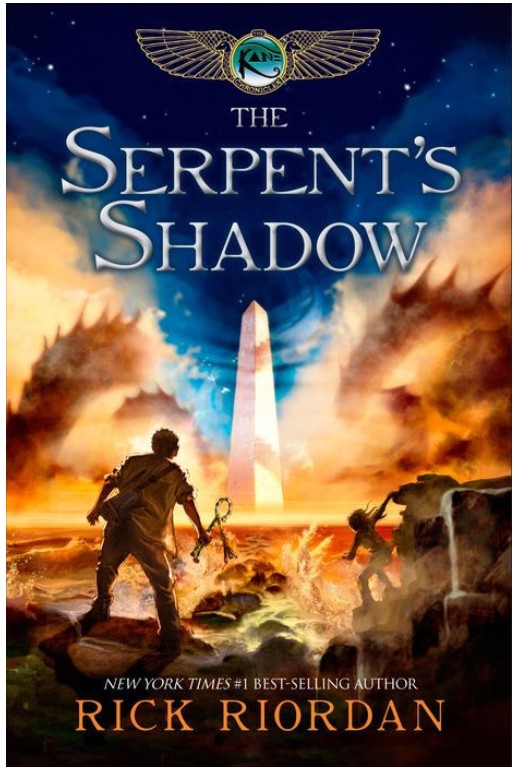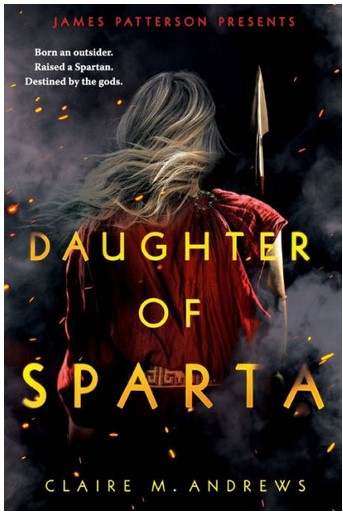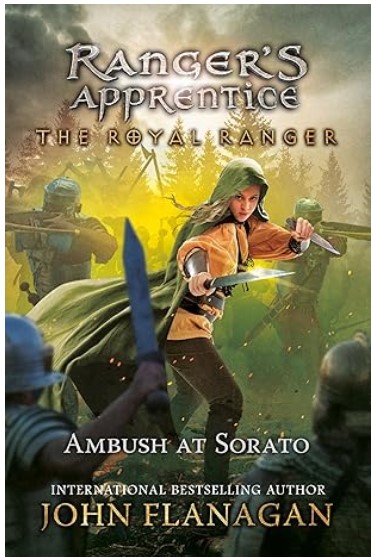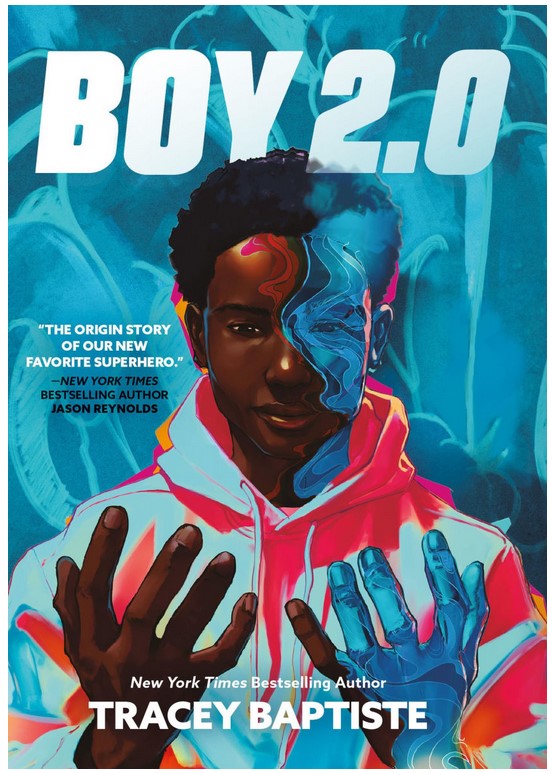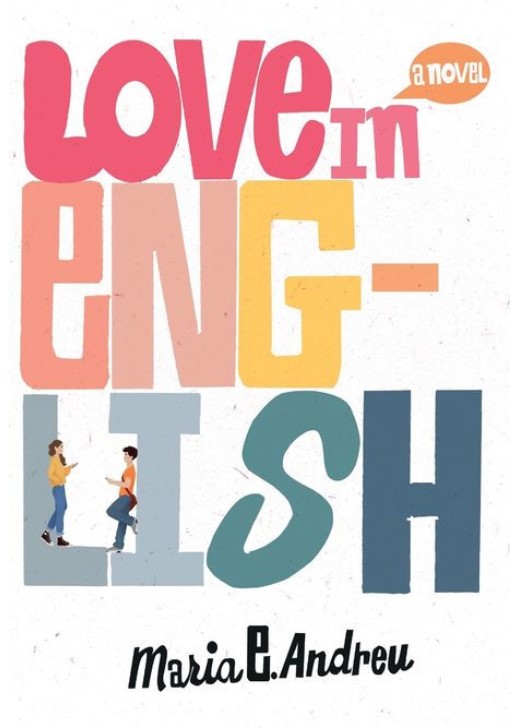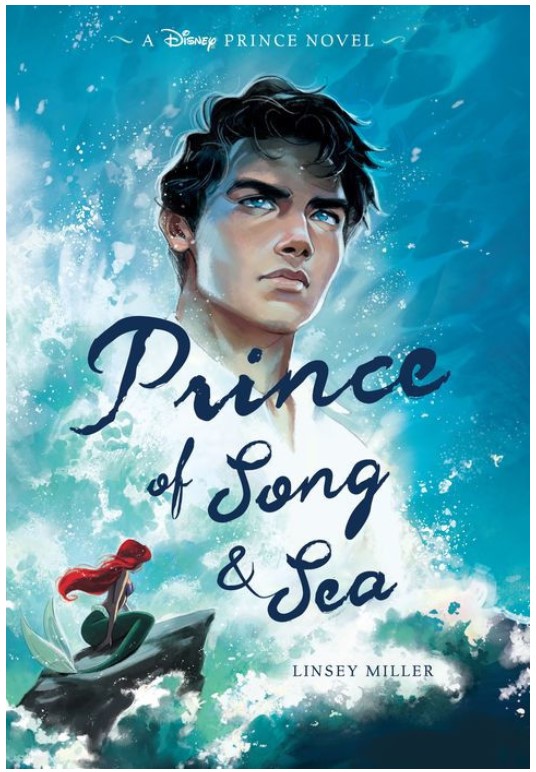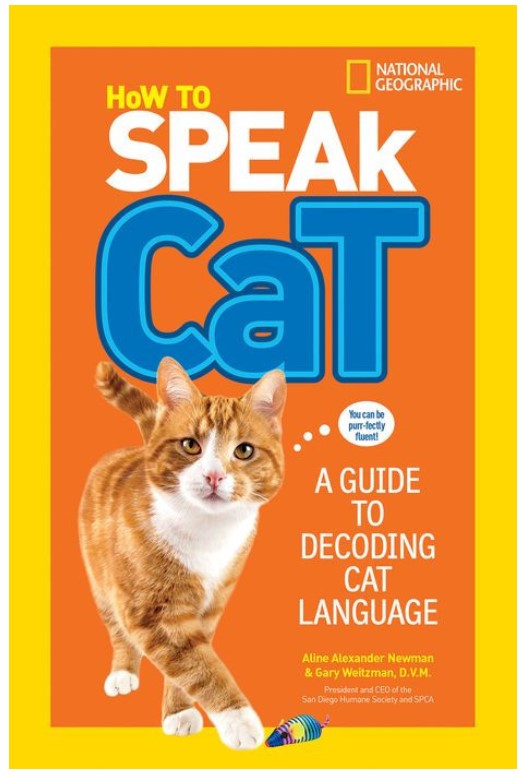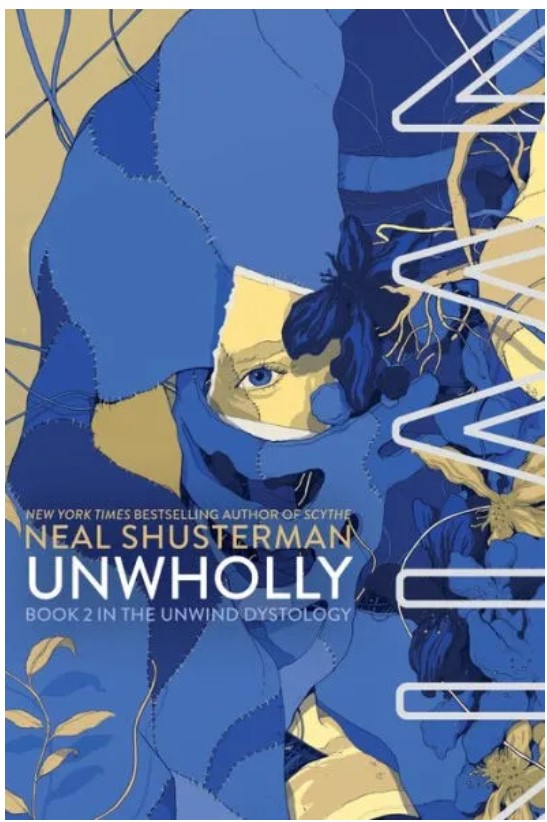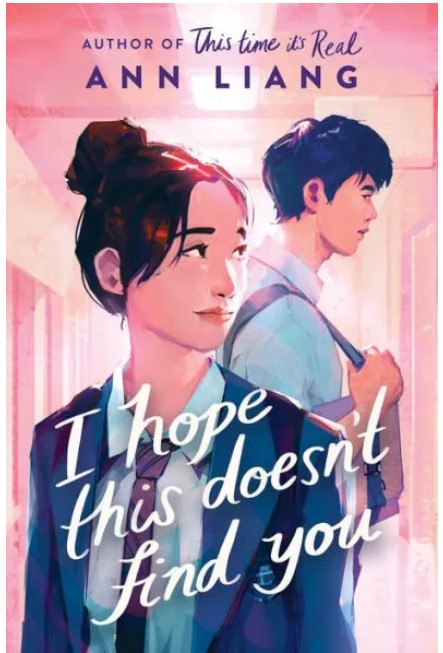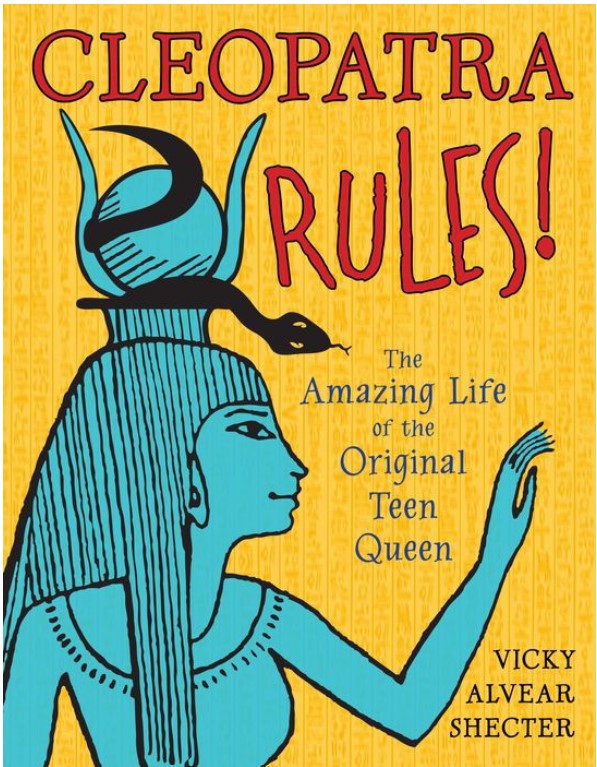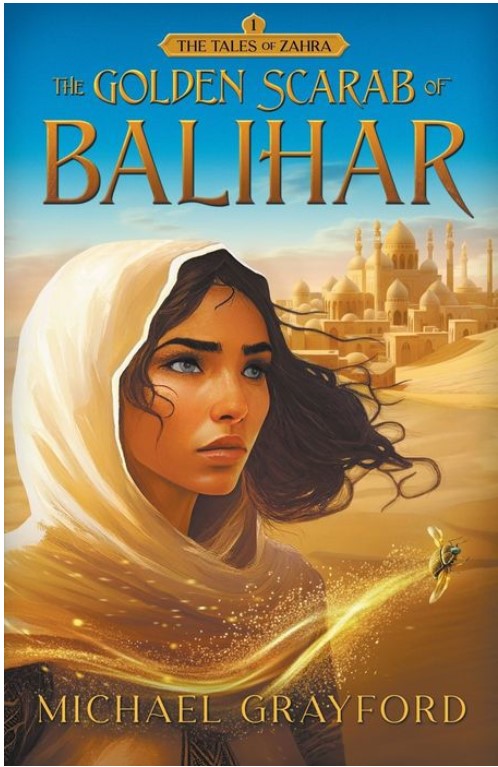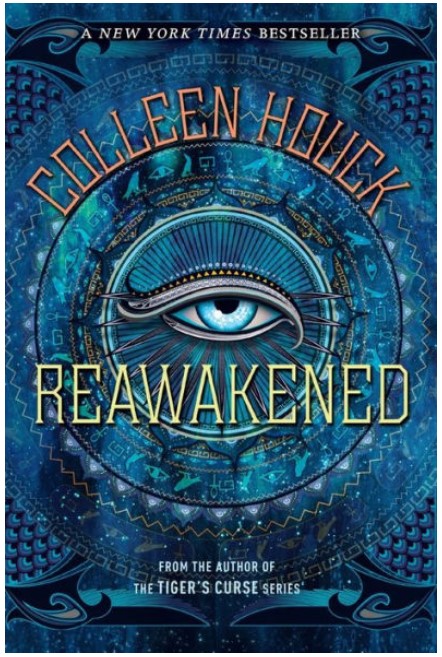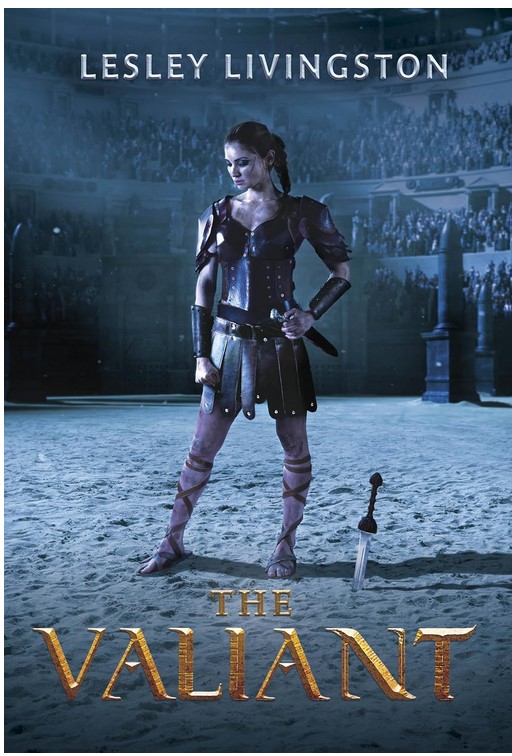Good or bad, money can be a major factor in everyone’s lives. In the lives of Charlie Shaw and his family, however, it’s what makes them happy and what makes them popular.
When they move into the small town of Falls Creek, divisions of people who have known each other for years begin to occur, and the town becomes split by the creek that bears its name. On the north side resides the Shaws and those who have latched on to their money to try and better themselves, their social status, and their baseball team’s bottom line.
On the south side, there is no influence, only layoffs at the factory. Layoffs and sadness and depression.
Gabe “Honus” Wagner is a senior at Falls Creek High School, and his family is feeling the crunch of the layoffs, his father slipping deeper and deeper into depression. All Gabe wants is a chance to play in the regional game, where he and his senior friends will showcase their talents for the nation’s top college scouts. However, Nate Shaw, Charlie Shaw’s freshman son, has other ideas.
Can Gabe overcome the misguided lure of money as well as help his father out of his depression, or will he lose his chance at a scholarship and his dreams? Driven to succeed, he has to do whatever it takes with no hate in his heart.
After Gabe’s father loses his job, Gabe struggles with the unfairness of his situation. This struggle is magnified when Nate Shaw steals Gabe’s girlfriend, joins the baseball team, and attempts to get Gabe kicked off the team. To make matters worse, Gabe’s father begins drinking heavily. Through it all, Gabe tries to do what is right, but sometimes the right path isn’t clear or easy. Many readers will relate as Gabe deals with bullying, relationship woes, and worries about the future.
While Gabe is a likable character, his romantic relationships appear to be shallow. After dating Olivia for several years, she breaks up with Gabe without talking to him. Instead, Olivia scorns Gabe and walks away arm in arm with another boy. Gabe doesn’t seem too upset about the breakup and almost immediately notices Debbie, thinking, “How pretty she really was. . . The braces had really done the trick.” Even though Olivia treated Gabe unfairly, both Gabe and Debbie treat Olivia kindly and help Olivia through a difficult decision.
While baseball is an important aspect of Gabe’s life, the only baseball scene is at practice. Instead, the story focuses on Gabe’s problems. This may disappoint readers seeking play-by-play baseball action. Another negative aspect of the book is the choppy transitions and the underdeveloped plot. For example, the conflicts are resolved too quickly, making the conclusion feel unrealistic and rushed. However, readers who don’t want to delve into each character’s inner workings will enjoy the story’s fast pace.
At under 200 pages, Driven features one well-developed character: Gabe. This allows the reader to understand why Gabe believes it’s important to have “no hate in the heart.” Gabe’s experiences illuminate the importance of honesty and fairness. In addition, Gabe’s father reminds him, “People strike out all the time, in every walk of life. It’s just how you come back that matters. If you keep driven and work hard, in the end, you’ll succeed.”
Sexual Content
- Before they broke up, Gabe and Olivia “had spent many evenings making out when her parents weren’t watching.”
- When Olivia starts dating Nate, she is hoping for “more than just the little kisses he gave when he got into the car. She had dreamed of that happening with him and was anxious to see what it was like; maybe see how he stacked up against Gabe Wagner.”
- Olivia thinks she will know if Nate is “the right one for her” after they kiss.
- Gabe is taken to the police station for questioning. After he comes out, Debbie is there. “She hugged Gabe around the neck and gave him a kiss on the cheek. . . Gabe pulled her close and kissed her quickly; their first kiss.”
Violence
- One of the high school students, Connor, is referred to as “the town roach.” Connor was rumored to do drugs, among other things. He had been arrested for crimes of vandalism before, painting obscene gestures on the school walls, breaking storefront windows. . .”
- Nate targets Gabe. When Gabe gets to school, one of Nate’s friends shoves Gabe into a locker. Gabe’s “nose was scraped against the hinges of the locker by a hand on the back of his head, and he could feel that he had been cut there. . . Gabe instantly charged back at the sophomore, shoving him so hard that he fell to the ground this time. . .”
- During lunch at school, someone dumps food on Gabe’s friends. “Gabe immediately pushed up against the boy, chest to chest. . . He gave the boy a shove until he too fell on the ground.” A teacher breaks up the fight.
- At baseball practice, Nate intentionally hits Gabe with a pitch. Nate charges Gabe, and “Gabe dropped his bat and met Nate halfway between home plate and mound. Together, the two of them dropped to the ground tugging and pulling at each other, swinging wildly but not really connecting . . .” Gabe is sent home, but Nate receives no punishment.
- Nate pays Connor to vandalize the baseball field. Connor “set down the [gas] can, struck a lighter, and touched it to the bench. Instantly, the bench caught fire and flames leaped from there to the ground, crossing the infield to the outfield where they burned ferociously.”
- The principal accuses Gabe of vandalizing the baseball field. Gabe’s father begins yelling at him, and “his dad pushed in even closer and Gabe backed up a step. . . Gabe’s mom tried to push her way in between them one more time, but his dad shoved her away, and she fell to the ground with a heavy thud.” Gabe shoves his father to the ground.
- At one point, Gabe’s dad sends “Gabe flying where he hit the back of his head on the edge of the coffee table. His hands immediately went to the wound, but then his dad grabbed at his hair, and Gabe turned his face to the ground while his dad pulled at him.” Gabe’s dad apologizes.
Drugs and Alcohol
- After losing his job, Gabe’s father turns to drinking excessively. Gabe’s father has resorted to “silence and depression and nights of heavy drinking.” Gabe often notices “alcohol pouring forth from his [father’s] breath.”
- Gabe’s dad goes to the bar where he and some of his friends drink beer.
Language
- Profanity is used rarely. Profanity includes ass, crap, damn, and hell.
Supernatural
- None
Spiritual Content
- None



